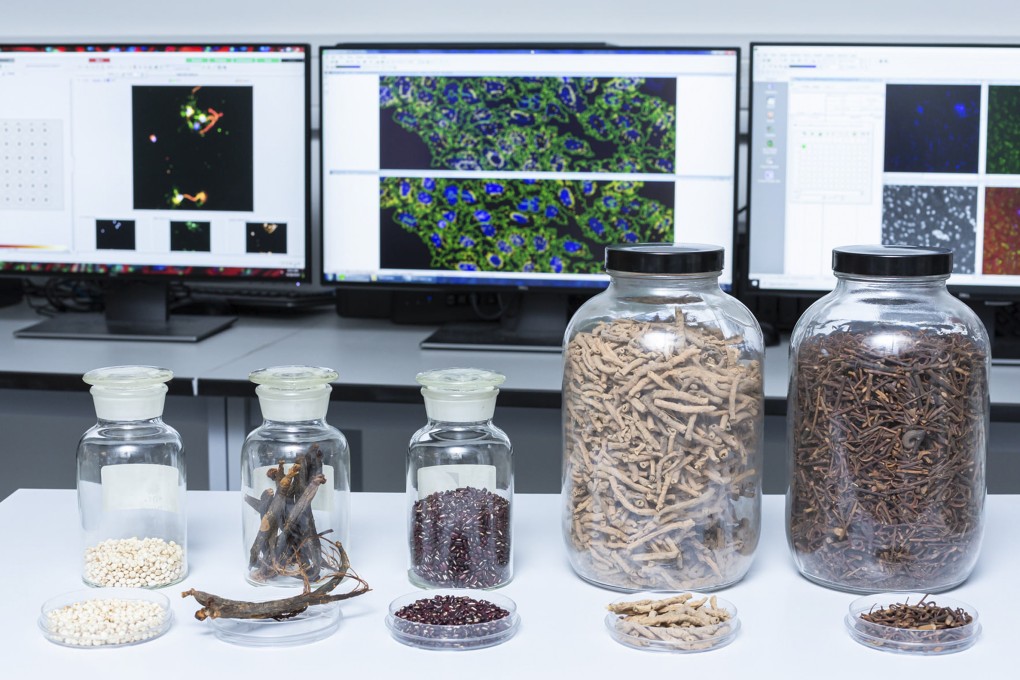Advertisement
Opinion | Better regulation of traditional Chinese medicine can help bring it up to international standards, to counter Western stigma
- While Western medicine has been gradually refined through rigorous testing, traditional Chinese medicine remains under-researched and poorly regulated
- With more funds for clinical research and stricter regulation, TCM’s full potential to protect lives can be unlocked
Reading Time:3 minutes
Why you can trust SCMP
20

Almost three years into the Covid-19 pandemic, it seems a judgment has been reached on the value of traditional Chinese medicine (TCM) in fighting infections.
In the first and largest study of TCM on 64,000 Covid-19 patients in Hong Kong, researchers garnered encouraging results showing that TCM can ease the symptoms of long Covid. This is on top of findings from a study in Pakistan, which showed that TCM can be used to treat mild Covid-19 cases.
At the start of the pandemic, allegations that China’s poorly regulated trade in wildlife, sometimes used in TCM treatment, was to blame for the outbreak cast TCM in a bad light.
Previous efforts to promote TCM internationally, such as the “health silk road” initiative, have had limited success. The results of the Hong Kong study should instil greater global confidence in TCM. However, deeply rooted cultural differences between China and the West must first be resolved.
For centuries before the introduction of Western medicine to China, TCM was used to relieve pain and cure diseases. Having survived the test of time, a number of modern TCMs based on traditional remedies, such as Lianhua Qingwen, remain popular, with demand growing during the pandemic.
Unlike Western medicine, which has a one-size-fits-all approach, TCM is tailor-made for each patient. While the basic formula might be the same, doctors need to talk to the patient, understand their body type, existing health conditions, lifestyle and habits, and accordingly add or remove ingredients. Two patients might visit a doctor with similar conditions, yet end up with different remedies.
Advertisement
